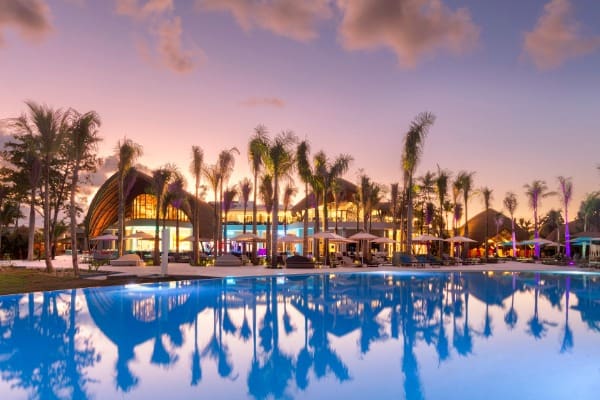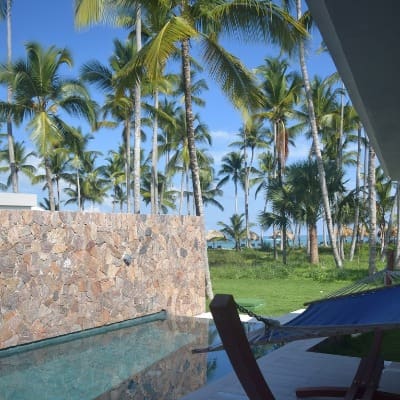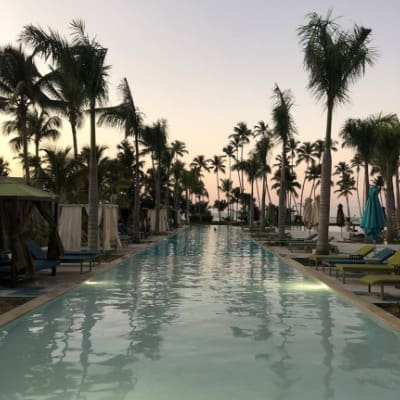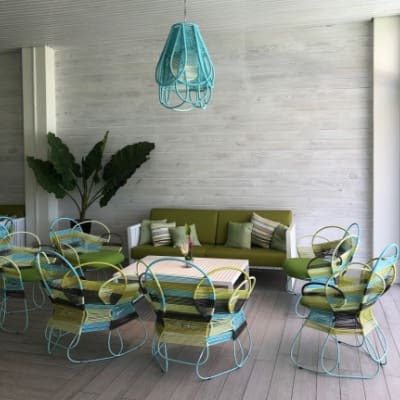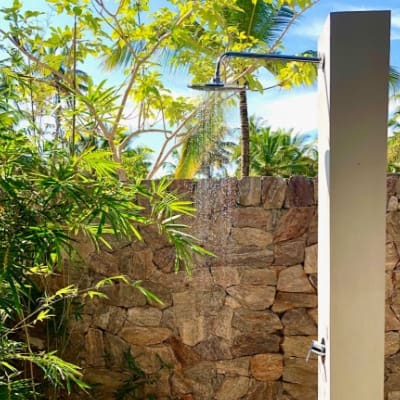SUSTAINABILITY
Eighteen months ago, guided by BREEAM’s sustainable construction principles and Green Globe’s strict standards in hotel operations, Club Med began planning this new, 93-acre, eco-chic resort along the virgin northeast coast of the Dominican Republic. Their commitment to sustainability goes deeper than just replacing plastic straws with paper ones, although they do that too, it means setting a new industry standard in all-inclusive sustainability. Here’s how they’re doing it:
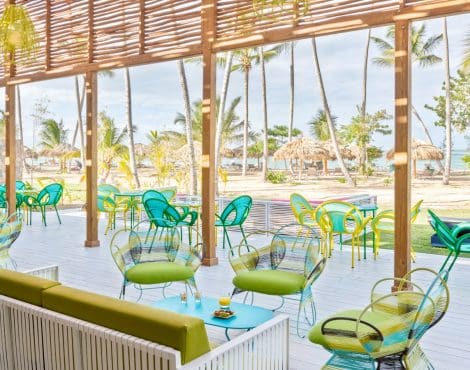
- Saving and replanting more than 2000 palm trees when the land was cleared for construction
- Filling gardens across the property only with native plants, shrubs, and flowers
- Creating a natural filtration system at the Zen pool – as water passes through the roots and soil of specifically selected native plants that work together to clean and refresh the pool water therefore avoiding harsh chemicals
- Employing a progressive animal welfare policy which will eliminate all exploitative excursions like swimming with dolphins or activities involving captive animals by the end of 2020
- Providing recruitment, training, and job opportunities to more than 900 locals
- The “bye-bye plastic” program aims to eliminate all single-use plastics across the resort in three years
- Housing an on site bottling plant with equipment to wash, sanitize and refill glass water bottles throughout the resort, effectively eliminating the need to import water or use plastic bottles
- Serving only Dominican coffee and chocolate throughout the resort
- Working with the Clinton Foundation as they implement a supply chain of local farmers for hotels in the Dominican Republic – this summer the resort will receive its first delivery of local produce, with the goal of having most fruits and veggies ultimately come through this supply chain
- Measuring food waste from the buffet with a food waste weighting machine to help staff more accurately adjust the amount of food prepared based on the occupancy
- Giving any food that does end up in the bin to local farmers as feed for their livestock


